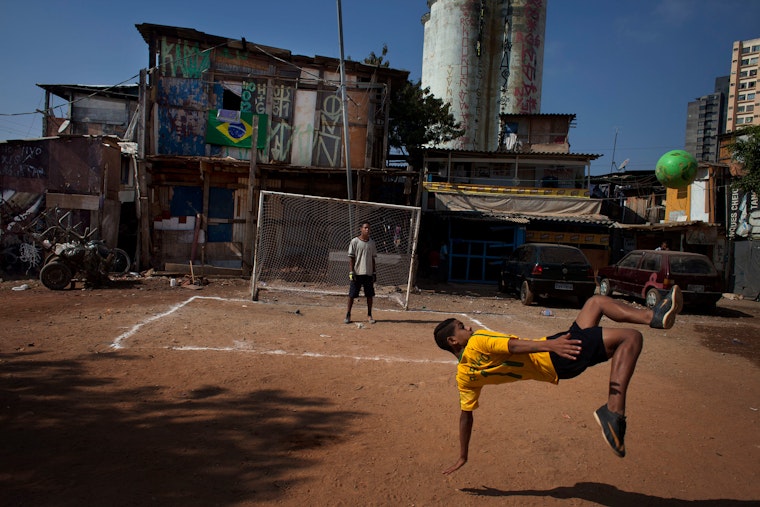Civil Society in Brazil Is Urbanizing the UN’s Sustainable Development Goals
By Oded Grajew & Maurício Piragino

Measuring progress on something as lofty and far-reaching as the UN’s Sustainable Development Goals can be challenging. So challenging, in fact, that the question of how to best measure such progress is the subject of a 233-page report compiled after 18 months of discussions among thousands of experts.
In Brazil, we wanted to simplify things a bit. Earlier this year, several organizations—including the Ethos Institute and the Brazilian Social Network for Just, Democratic, and Sustainable Cities—“municipalized” all of the 17 goals and 169 targets set forth in the development goals to make them more applicable to cities. The organizations used the goals to update their Sustainable Cities Programme, a set of tools they created to allow government actors—and anyone else who’s paying attention—to monitor progress on policy proposals.
More than 300 Brazilian cities—run by different political parties with diverse ideological orientations—are now part of the Sustainable Cities Programme. The program is completely independent and nonpartisan, and functions, in essence, like a clearinghouse of municipal best practices: a resource for government officials, journalists, academics, and citizens alike.
The Ethos Institute and the other partners behind the Sustainable Cities Programme are part of Rede Nossa São Paulo (RNSP), a network of more than 700 civil society partners based in Brazil. Our aim is to dialogue with governments, NGOs, civil society, businesses, and the media to promote policies that are fair and sustainable.
Beginning in 2017, by employing the Sustainable Cities Programme in the capital of São Paulo, RNSP will monitor the mandate of the city’s mayor. We will also make proposals based on research that the organization has carried out since its inception, including quality of life indicators and a map measuring inequality in the city.
Using tools like the Sustainable Cities Programme, organizations like RNSP have the opportunity to reinterpret the role of governments. Technological advances streamline access to information and make comparisons based on information easier.
The best public policy is one that is legitimized by voters who have had a chance to meaningfully review the options. This kind of meaningful review doesn’t happen only at the ballot box. Instead, it’s an ongoing process of including citizens in decision making.
Rede Nossa São Paulo is a grantee of the Open Society Foundations.
Oded Grajew is general coordinator of Rede Nossa São Paulo and the Sustainable Cities Programme.
Maurício Piragino is coordinator at Rede Nossa São Paulo.